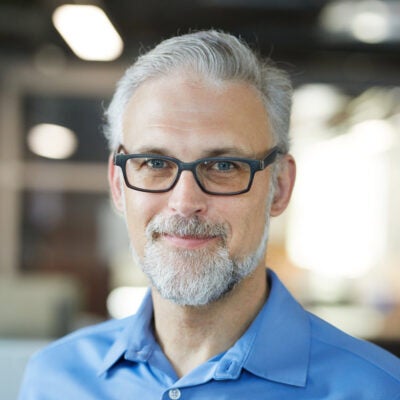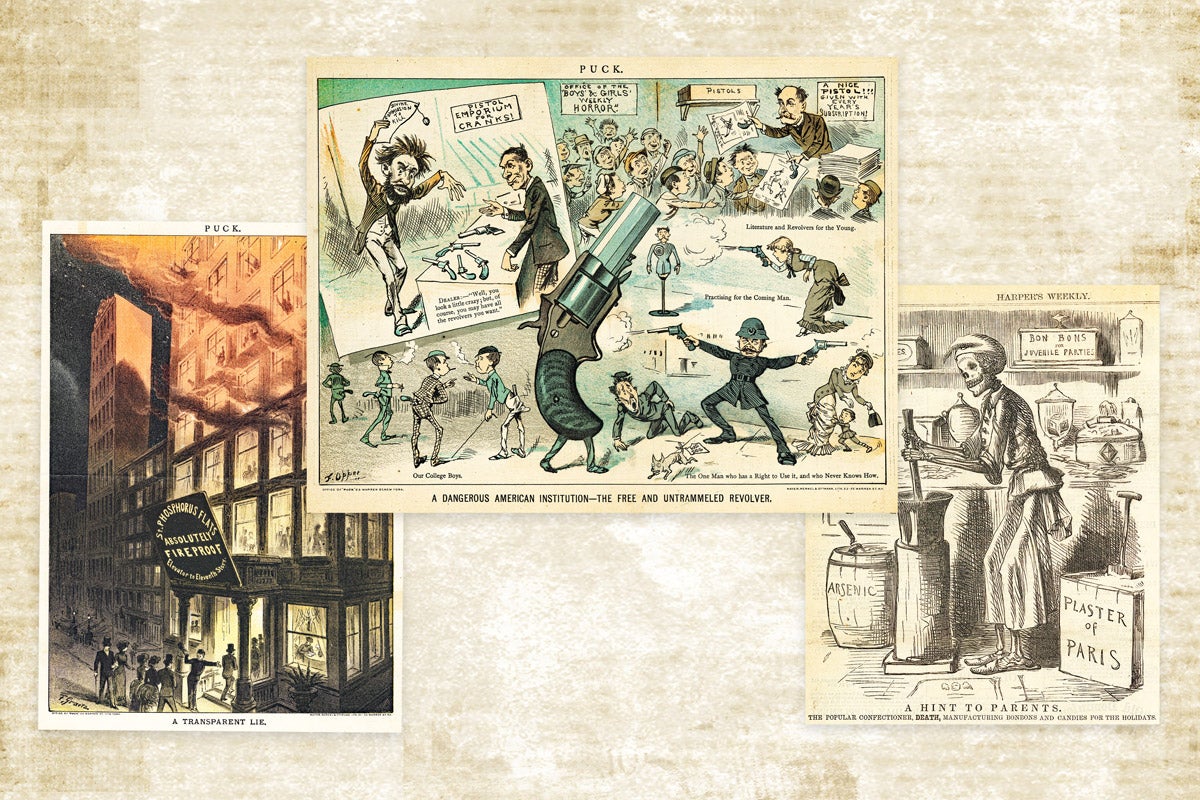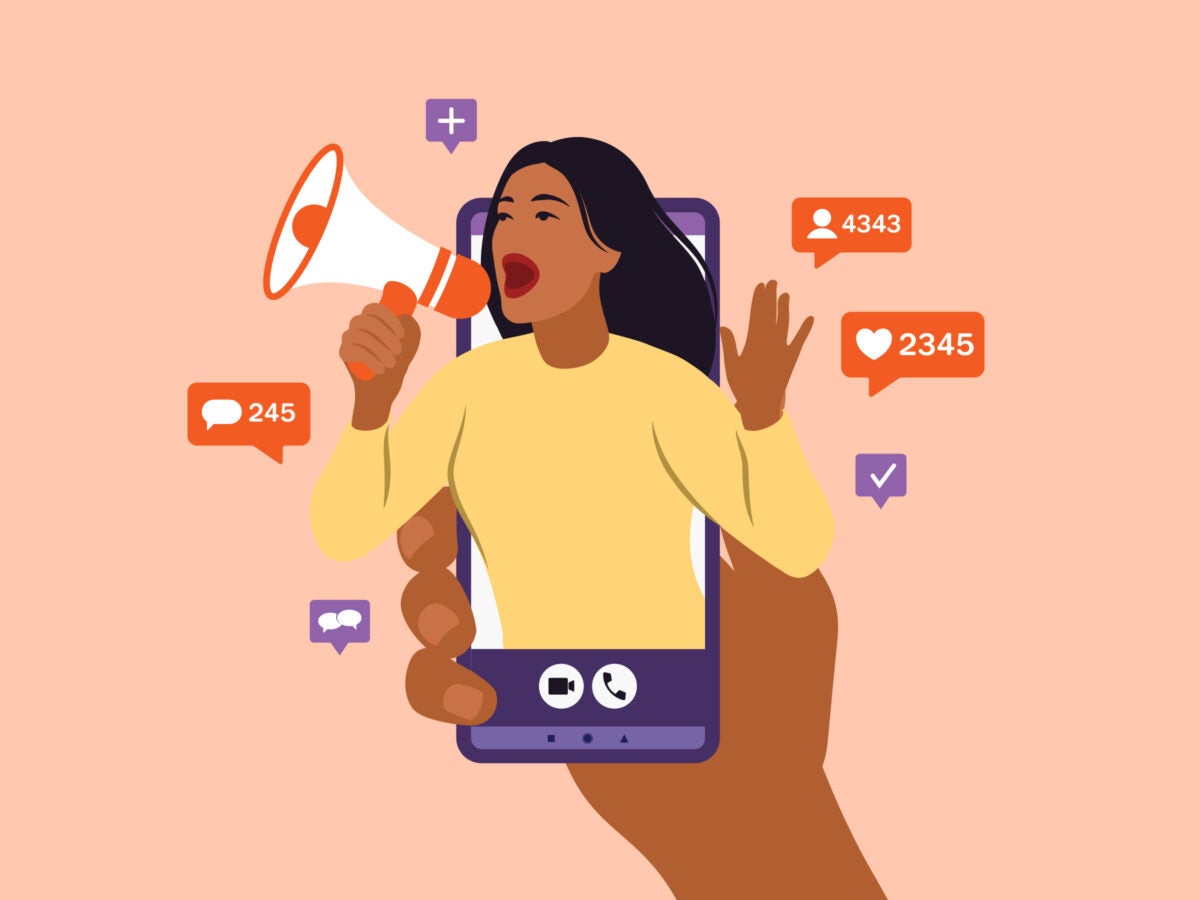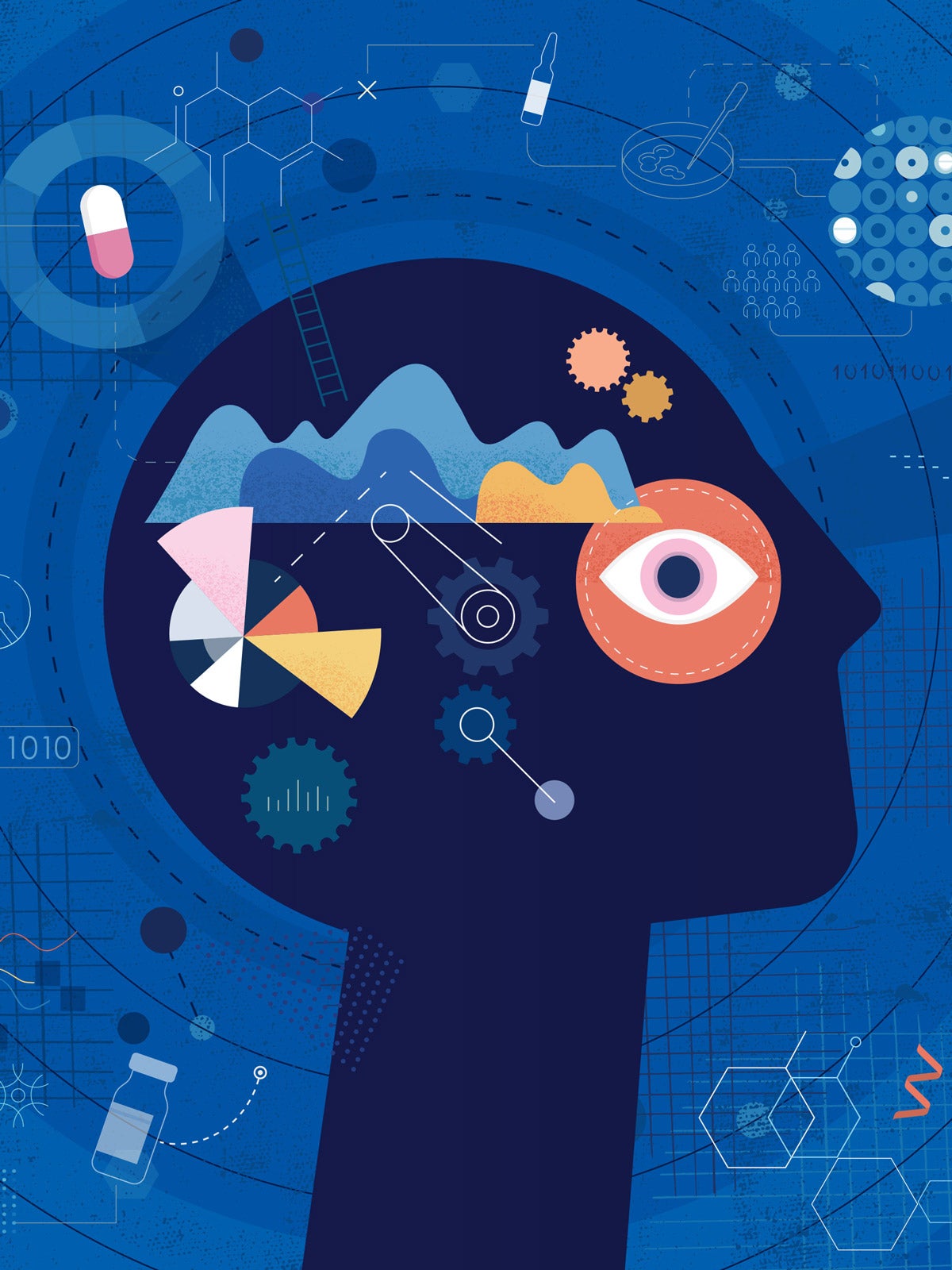
From the editor
Lake Nona forum spotlights the future of health
The Lake Nona Impact Forum mixed celebrities and C-suiters in discussion about the future of health. Bestselling author John Grisham spoke on a panel about focused ultrasound surgery. Designer Kenneth Cole was part of a discussion on how to curtail social media addiction. The conference brimmed with audacious ambition—one speaker’s goal was to end human disease within 100 years. Another speaker expected at least some of the well-heeled and well-educated attendees to be around to celebrate that landmark, thanks to yet-to-be invented technologies. “Life is short, until you extend it,” said X Prize Foundation founder Peter Diamandis. He was talking up his latest prize, $101 million to be awarded to work that reverses functional aging by more than 20 years.
Making progress toward either intention would, of course, radically reshape public health. But then, world-changing plans for health and wellbeing are the purpose of this three-day, invite-only inspiration fest outside of Orlando, Florida. This year’s edition, the 12th, went where it had never gone before by inviting Jeff Bezos to talk about his Blue Origins space venture. His quote: “We must go to space to save Earth.”
Sign up for Harvard Public Health
Delivered to your inbox weekly.
Meet your new AI assistant
Artificial intelligence was invoked widely for its sky-high promise. Its reality was mostly down-to-earth: AI as our helpful health assistant. Jack Hidary, CEO of SandboxAQ, a spinoff of Alphabet (Google’s parent company) that offers AI and quantum technology services, offered a vision of AI robots helping older people age in their homes by taking vital signs and tracking drug regimens.
David Feinberg, chairman of Oracle Health, showed off an AI-powered tool announced last September. The Oracle Clinical Digital Assistant—Feinberg appealed to the audience for a better name—gives a doctor the patient’s history before a visit, takes notes about their conversation, then summarizes it. It can also create to-do lists, such as changing a prescription or scheduling a follow-up visit. The tool is integrated into Oracle Cerner’s electronic health records system and is being tested.
Feinberg said the goal is twofold: ease physician burnout by reducing oppressive amounts of paperwork and increase patient satisfaction by allowing doctors to spend more time talking to them instead of a screen. AI, he said, will mean “we can put (clinicians) back by the bedside. We’ve put tech in the way. We need to get it in the background.”
In another session, an executive at the U.S.’s biggest hospital operator, HCA Healthcare, said it was testing KATi, an AI assistant developed with Google, at two of its hospitals. He showed a video of nurses using it to manage a shift change. In an interview afterward, the executive, Michael Schlosser, senior vice president of care transformation and innovation, said it had taken more than two years to develop the tool. The shift hand-off between nurses was “a perfect use case for artificial intelligence,” Schlosser said, because patient care transitions involve numerous details that can get miscommunicated or overlooked. He acknowledged, however, that the “delusions”—errors with seemingly no relation to the facts on hand—common to AI based on large language models remain an issue.
Aashima Gupta, global leader of healthcare, Google Cloud, said the two companies have been working together on training their model to “think” like a nurse, and to keep patient health information private. The teams will spend the next three months fine-tuning and evaluating whether nurses develop trust in the tool before deciding whether to launch a more formal pilot within HCA.
Schlosser said he’s excited about the prospect, though he noted that past efforts to automate shift change transitions using tools like electronic health record systems have not worked. “We never got the nuance right,” he said.
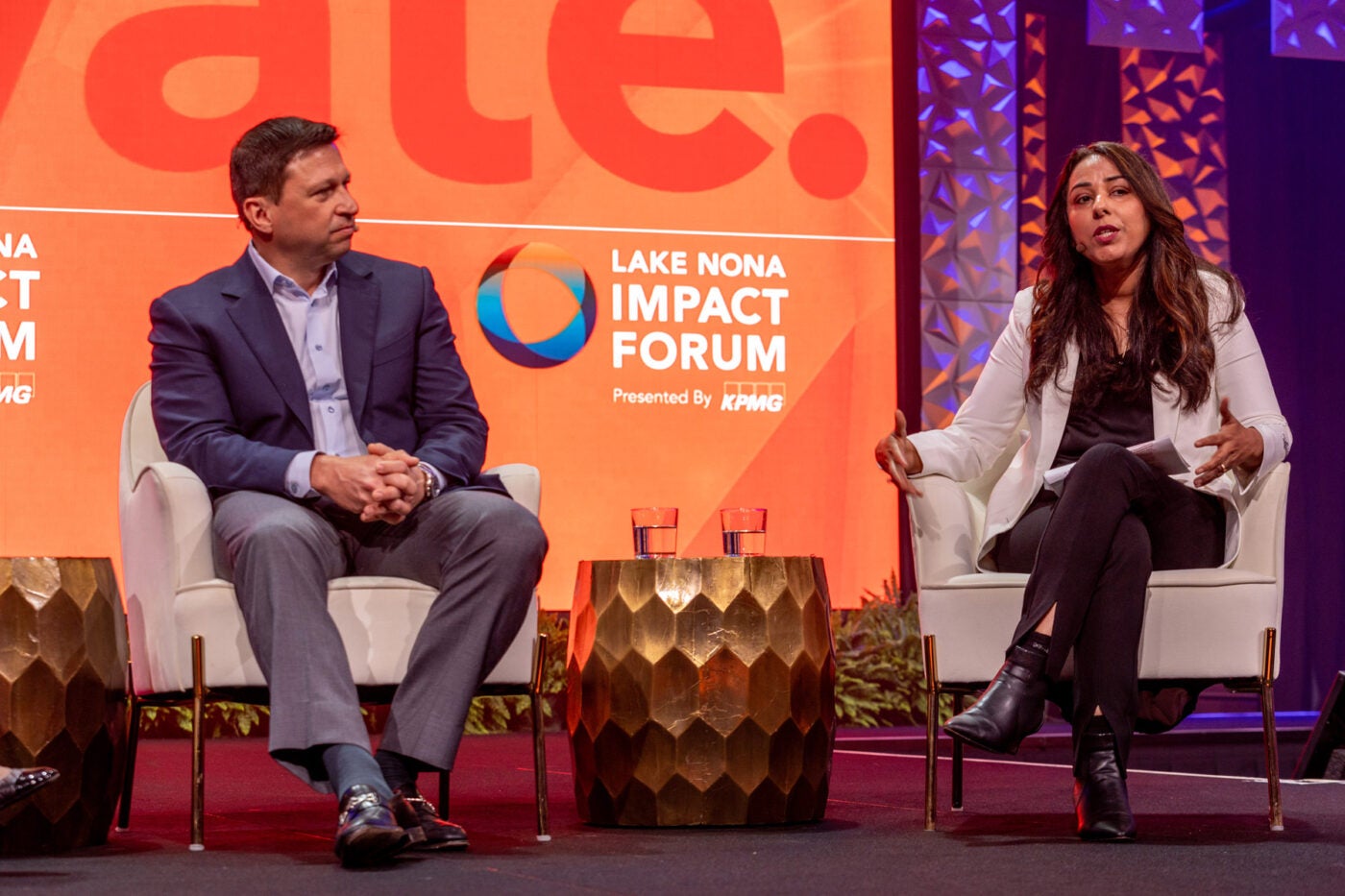
Michael Schlosser, HCA Healthcare's senior vice president of care transformation and innovation, and Aashima Gupta, Google Cloud's global leader of healthcare, talking about a pilot project using AI to improve shift changes at hospitals. Their discussion was moderated by Patrice Harris, co-founder and CEO of eMed (not pictured).
Does tech really make us healthier?
A subversive undercurrent throughout the event was whether technological innovation makes us healthier. At least two speakers noted that the blossoming of medical tech and new kinds of treatments over the last 50 years has corresponded with the rise of conditions like obesity, diabetes, hypertension, and mental health issues.
Ultra-processed foods are one of the reasons cited for poor health by Dariush Mozaffarian, a cardiologist and director of the Food is Medicine Institute at Tufts University. “We are all eating really bad food,” he said in a session where he discussed his research into produce prescription efforts. “Ultra-processed, filled with starch, for most people it has become normal to eat this way.”
Mozaffarian added that most people “are walking around feeling sick from their food all the time because they think it’s their normal state. It is not the normal state.”
The importance of what we eat was a no-brainer for celebrity chef and food activist Josè Andrès, who said during an emotional, engaging session that “food is everything. It is national security, it is health, it is immigration, it is energy.”
Dan Buettner, founder of Blue Zones, a company that sells services and products drawn from research into communities whose residents have long average lifespans, noted that in the U.S. “100 million of us have diabetes or pre-diabetes. Seventy-five percent are obese or overweight. It’s not because we’re stupid or lack discipline. Change the environment, not the behavior. That sets people up for success.”
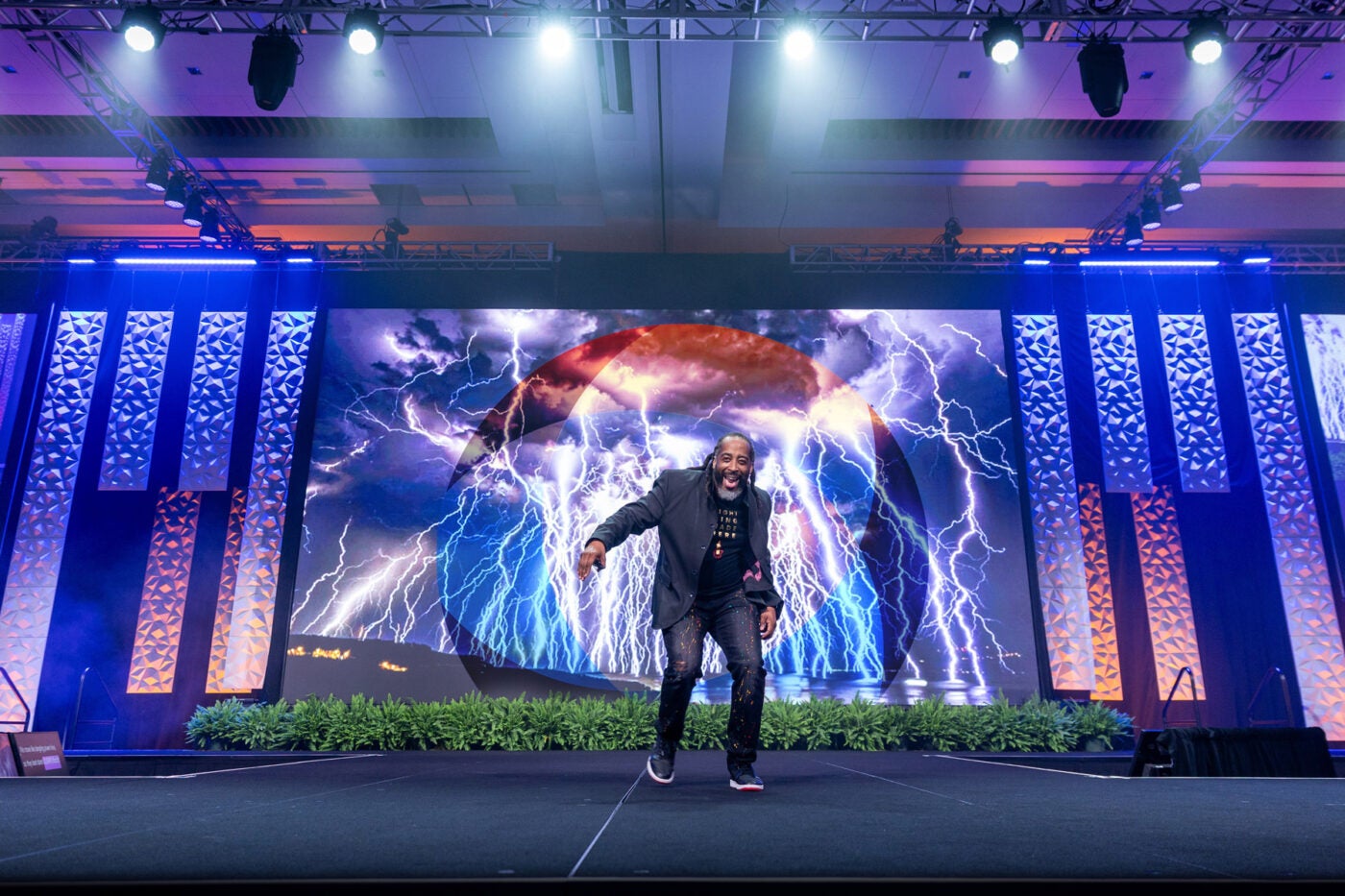
The Lake Nona Impact Forum featured a number of artistic performers, including the poet Sekou Andrews, who gave an electrifying spoken-word performance.
Other notes:
- Andrès said his World Central Kitchen, started in 2010, has served more than 400 million meals to people after disasters. He said he and his volunteers are not always welcome in emergency areas, and that sometimes people have asked him, “Why are you here?” To that he says: “When there’s a fire, who do you call? Firemen. When someone is injured, who do you call? An ambulance. So, when people are hungry who do you call, lawyers? No, you call cooks.”
- Martin Luther King III and his wife Arndrea discussed their recently announced effort to get Americans to volunteer 100 million hours of public service in honor of MLK Jr.’s 100th birthday in 2029. That session ended with a “love auction” that saw audience members pledge more than 30,000 hours of time.
- Alex Azar, former U.S. Secretary of Health and Human Services, is a proud libertarian. He nonetheless talked up the way the U.S. government made fast release of the COVID-19 vaccine happen. “We de-risked it” for companies, he said. “We fully funded development up front, including phase to phase to phase clinical trials.”
- Azar ripped the current effort by the Biden Administration to negotiate lower drug prices. Azar called it “the wrong solution to the wrong problem.” He said the drugs being targeted are nearing the end of their patent protection, “the moment where we’re trying to bring the generic drugmakers in.” “You’re going to collapse the margins for [makers of] generics to get in right at the moment where you’re going to want to bring them in,” he said. [Editor’s note: Of the ten drugs on the initial negotiation list, seven have lost or will lose at least some patent protections by the end of 2025.]
- Mozaffarian gave a reality check to Ozempic and similar weight loss drugs. He said right now, only one in four patients who start taking the drugs are still doing so after one year because of factors such as cost and side effects. “They are not well-tolerated,” he said. While the drugs take away food cravings, they can also take away other things. He personally has seen patients stop joking around or stop having fun. The bigger issue, though, is the cost. He said it would cost $600 million to give the drug to every eligible American. “We spend that much for all other prescription drugs combined.”
- The Chan Zuckerberg Initiative expanded its research network, giving four three-year grants worth $14 million to coalitions of university labs in California, the mid-Atlantic states, and North Carolina. They will study aspects of how cells work.
- Inventor/CEO Dean Kamen of DEKA Research was there rolling around in the updated iBOT wheelchair, which received approval for Medicare reimbursement in December. Lack of insurance coverage was seen as a reason why the original version was discontinued. This version of the iBOT chair, which is sold by Mobius Mobility, weighs 100 pounds less than its predecessor and its batteries can hold a charge for three days.
Disclosure: Harvard T.H. Chan School of Public Health is a sponsor of the Lake Nona Impact Forum. One of the Forum’s co-chairs is Michelle A. Williams, professor of epidemiology and former dean at Harvard Chan School, and a member of the Harvard Public Health advisory board.
Giulia Cambieri contributed reporting to this story.
